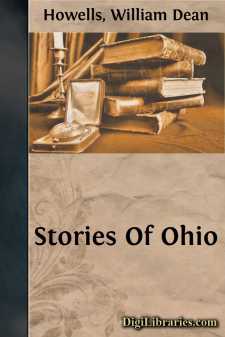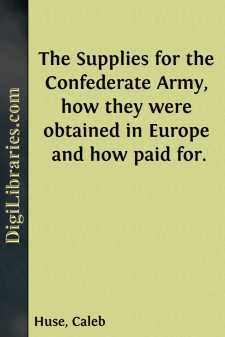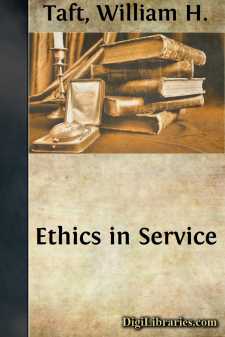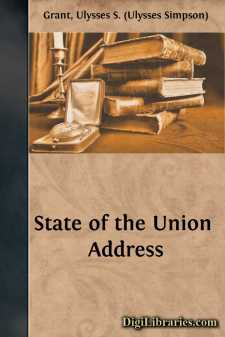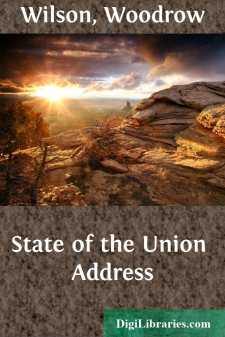Categories
- Antiques & Collectibles 13
- Architecture 36
- Art 48
- Bibles 22
- Biography & Autobiography 815
- Body, Mind & Spirit 144
- Business & Economics 28
- Children's Books 18
- Children's Fiction 14
- Computers 4
- Cooking 94
- Crafts & Hobbies 4
- Drama 346
- Education 58
- Family & Relationships 59
- Fiction 11833
- Games 19
- Gardening 17
- Health & Fitness 34
- History 1378
- House & Home 1
- Humor 147
- Juvenile Fiction 1873
- Juvenile Nonfiction 202
- Language Arts & Disciplines 89
- Law 16
- Literary Collections 686
- Literary Criticism 179
- Mathematics 13
- Medical 41
- Music 40
- Nature 179
- Non-Classifiable 1768
- Performing Arts 7
- Periodicals 1453
- Philosophy 65
- Photography 2
- Poetry 896
- Political Science 203
- Psychology 44
- Reference 154
- Religion 515
- Science 126
- Self-Help 85
- Social Science 82
- Sports & Recreation 34
- Study Aids 3
- Technology & Engineering 59
- Transportation 23
- Travel 463
- True Crime 29
Our website is made possible by displaying online advertisements to our visitors.
Please consider supporting us by disabling your ad blocker.
Great Britain and the American Civil War
Categories:
Description:
Excerpt
CHAPTER I
BACKGROUNDS
In 1862, less than a year after he had assumed his post in London, the American Minister, Charles Francis Adams, at a time of depression and bitterness wrote to Secretary of State Seward: "That Great Britain did, in the most terrible moment of our domestic trial in struggling with a monstrous social evil she had earnestly professed to abhor, coldly and at once assume our inability to master it, and then become the only foreign nation steadily contributing in every indirect way possible to verify its judgment, will probably be the verdict made against her by posterity, on calm comparison of the evidence." Very different were the views of Englishmen. The historian, George Grote, could write: "The perfect neutrality [of Great Britain] in this destructive war appears to me almost a phenomenon in political history. No such forbearance has been shown during the political history of the last two centuries. It is the single case in which the English Government and public--generally so meddlesome--have displayed most prudent and commendable forbearance in spite of great temptations to the contrary." And Sir William Harcourt, in September, 1863, declared: "Among all Lord Russell's many titles to fame and to public gratitude, the manner in which he has steered the vessel of State through the Scylla and Charybdis of the American War will, I think, always stand conspicuous."
Minister Adams, in the later years of the Civil War, saw reason somewhat to modify his earlier judgment, but his indictment of Great Britain was long prevalent in America, as, indeed, it was also among the historians and writers of Continental Europe--notably those of France and Russia. To what extent was this dictum justified? Did Great Britain in spite of her long years of championship of personal freedom and of leadership in the cause of anti-slavery seize upon the opportunity offered in the disruption of the American Union, and forgetting humanitarian idealisms, react only to selfish motives of commercial advantage and national power? In brief, how is the American Civil War to be depicted by historians of Great Britain, recording her attitude and action in both foreign and domestic policy, and revealing the principles of her statesmen, or the inspirations of her people?
It was to answer this question that the present work was originally undertaken; but as investigation proceeded it became progressively more clear that the great crisis in America was almost equally a crisis in the domestic history of Great Britain itself and that unless this were fully appreciated no just estimate was possible of British policy toward America. Still more it became evident that the American Civil War, as seen through British spectacles, could not be understood if regarded as an isolated and unique situation, but that the conditions preceding that situation--some of them lying far back in the relations of the two nations--had a vital bearing on British policy and opinion when the crisis arose. No expanded examination of these preceding conditions is here possible, but it is to a summary analysis of them that this first chapter is devoted.
On the American War for separation from the Mother Country it is unnecessary to dilate, though it should always be remembered that both during the war and afterwards there existed a minority in Great Britain strongly sympathetic with the political ideals proclaimed in America--regarding those ideals, indeed, as something to be striven for in Britain itself and the conflict with America as, in a measure, a conflict in home politics. But independence once acknowledged by the Treaty of Peace of 1783, the relations between the Mother Country and the newly-created United States of America rapidly tended to adjust themselves to lines of contact customary between Great Britain and any other Sovereign State....



